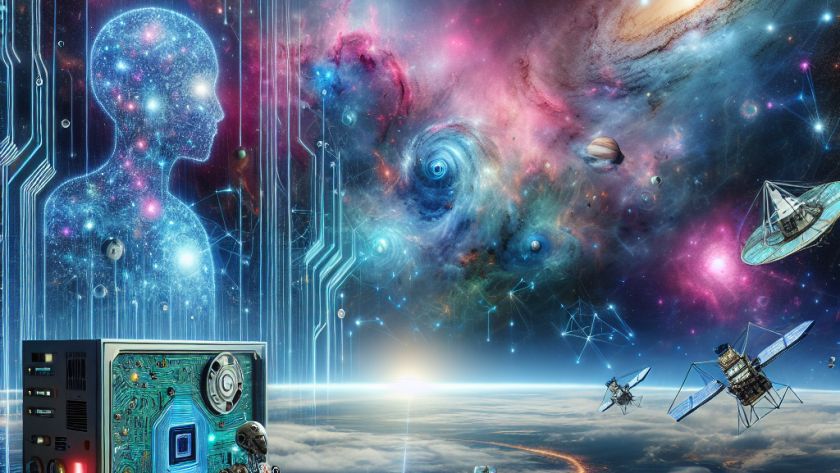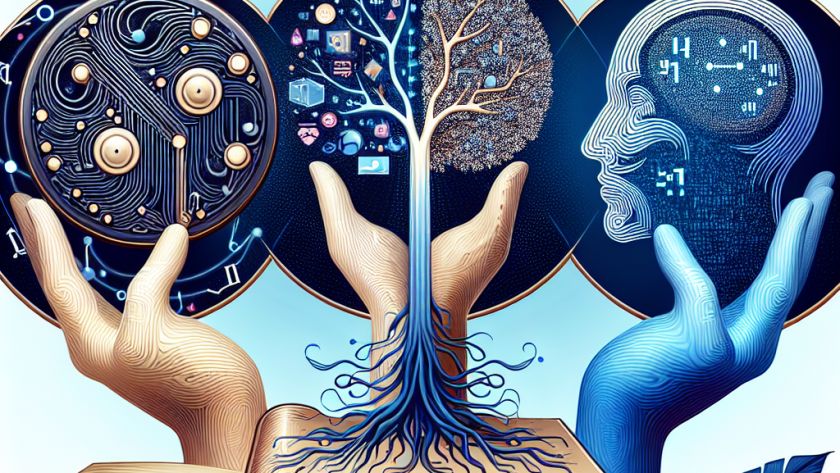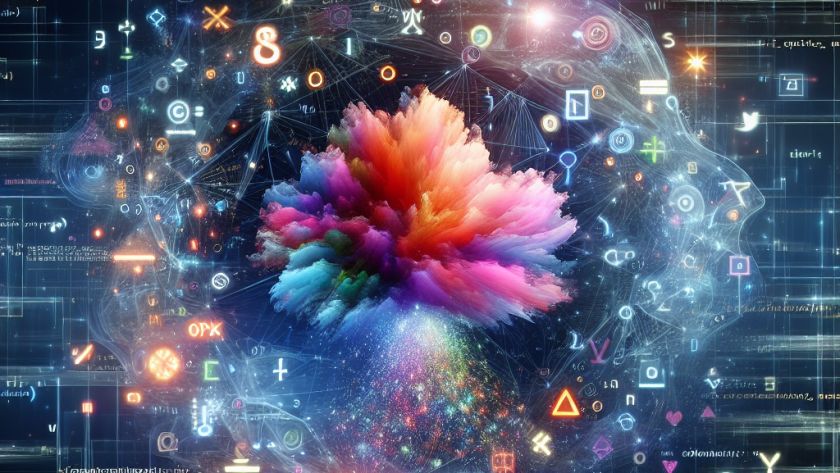





Large Language Models (LLMs) have transformed natural language processing (NLP), making related applications such as machine translation, sentiment analysis, and conversational agents more precise and efficient. However, the significant computational and energy needs of these models have raised sustainability and accessibility concerns.
LLMs, containing billions of parameters, need extensive resources for training and implementation. Their high-level…





Mistral AI has introduced Codestral-22B, a groundbreaking code generation model setting new standards in the application of artificial intelligence (AI) for software development. Codestral is geared towards enhancing coding capabilities and making the development process more streamlined for developers.
Codestral operates as an open-weight generative AI model, primarily covering code generation tasks. It supports over 80…

AI agents are intelligent entities that can perceive, analyze, and act upon information from their environments to fulfill specific objectives. AI agents can be either software-based or physical entities using AI methodologies to function, and are characterized by their rationality, autonomy, perception, behavior, adaptation, and learning capacity.
AI agents are classified into different types, including simple…

A team of researchers from Pennsylvania State University, USA, and King Abdullah University of Science and Technology, Saudi Arabia, have proposed a novel method for resolving nonlinear partial differential equations (PDEs) with multiple solutions. Their method, called the Newton Informed Neural Operator (NINO), utilises neural network techniques and is based on operator learning. This approach…
